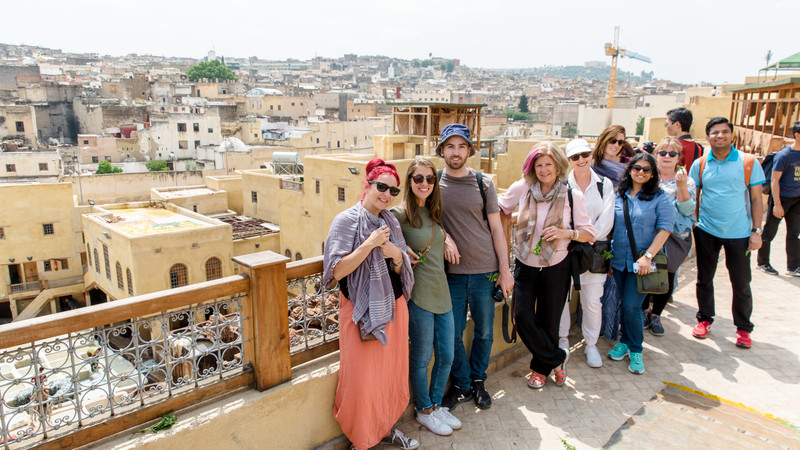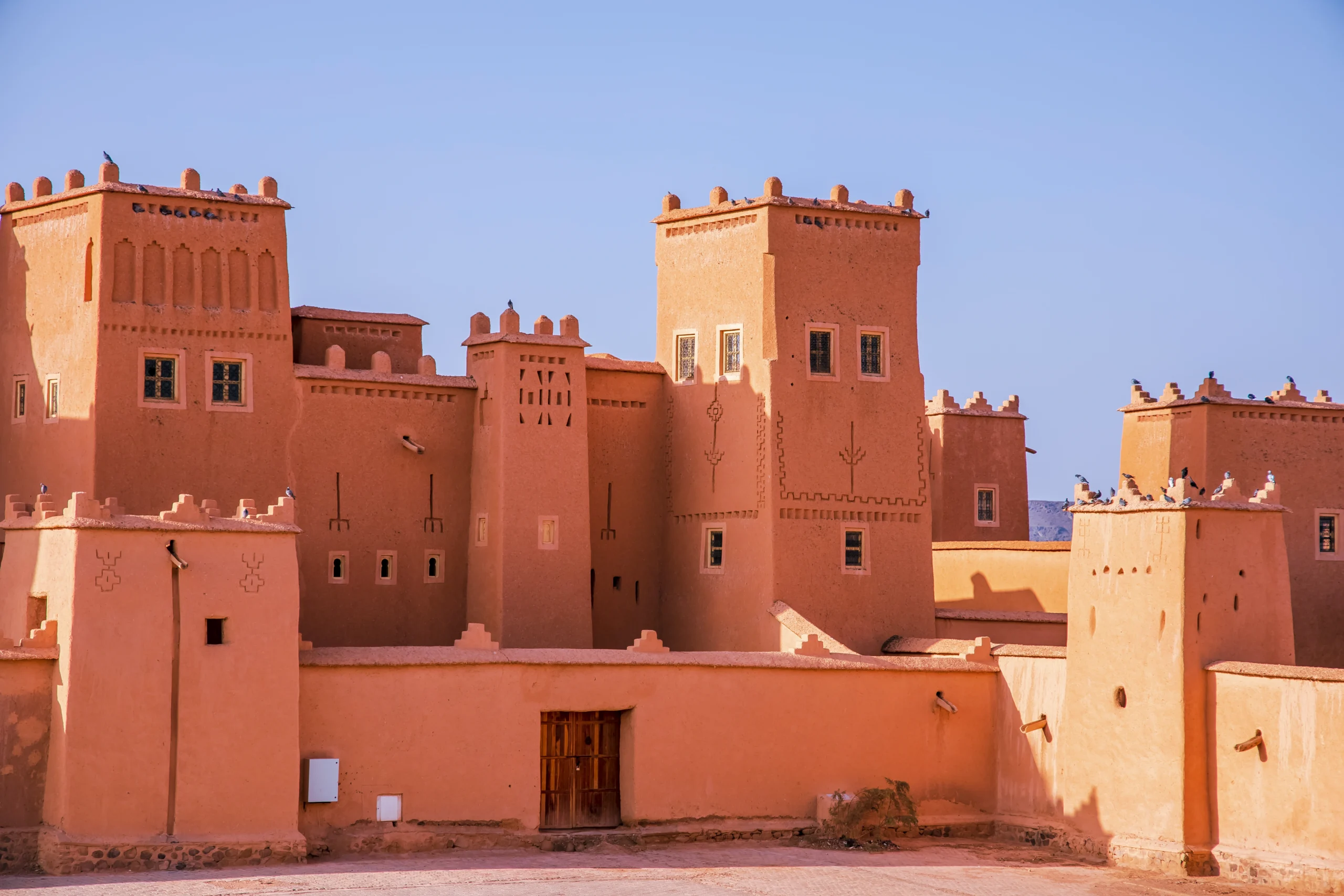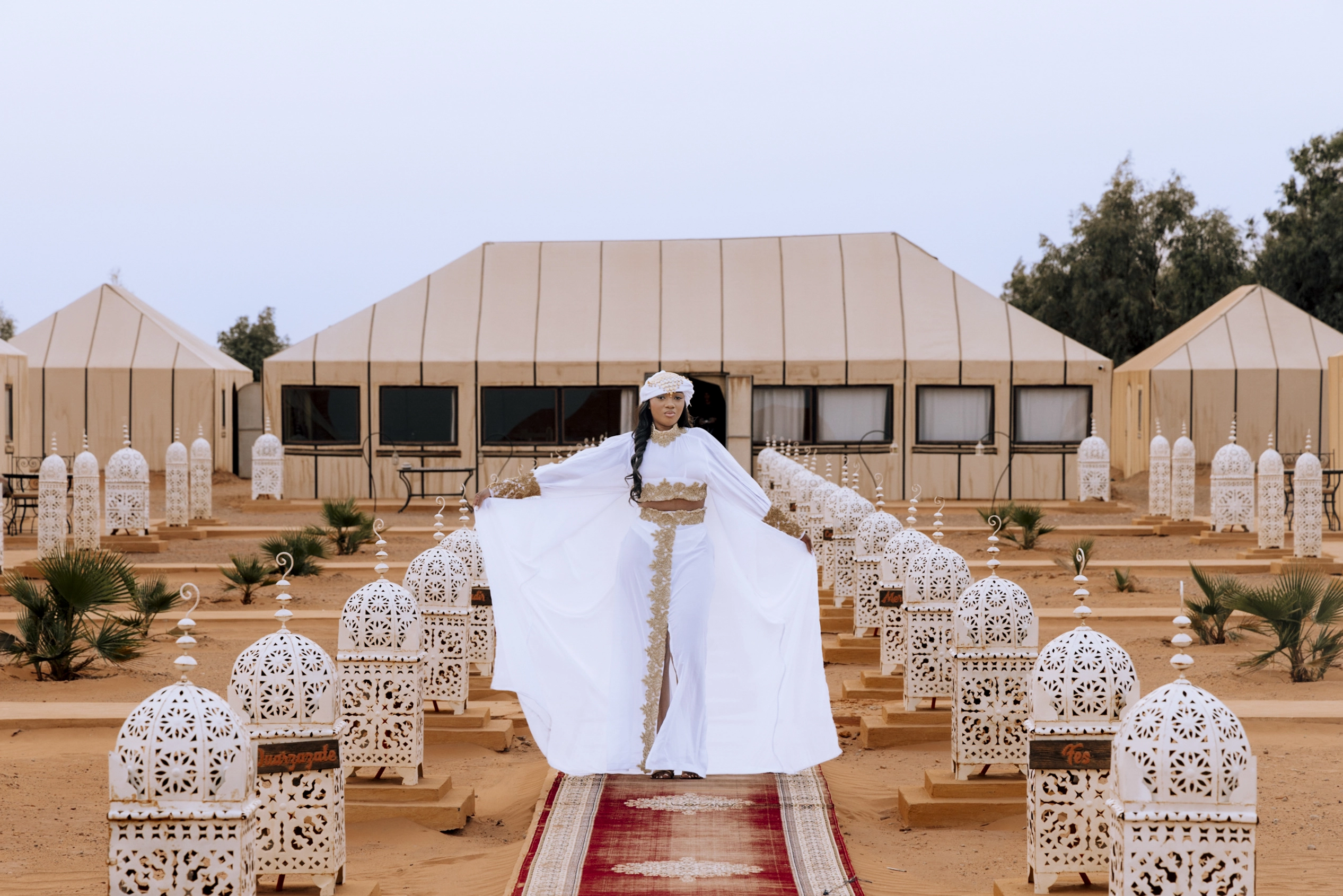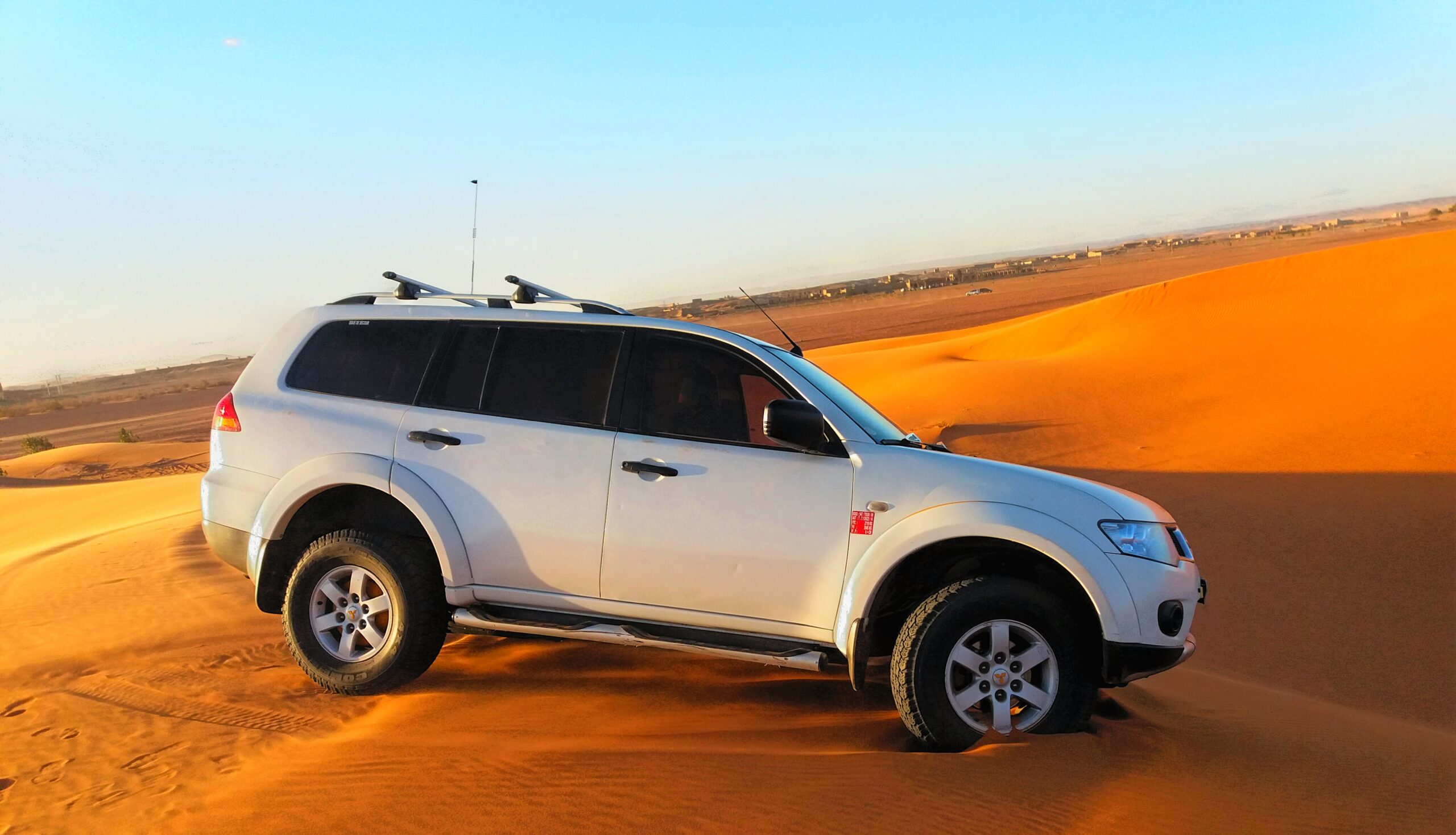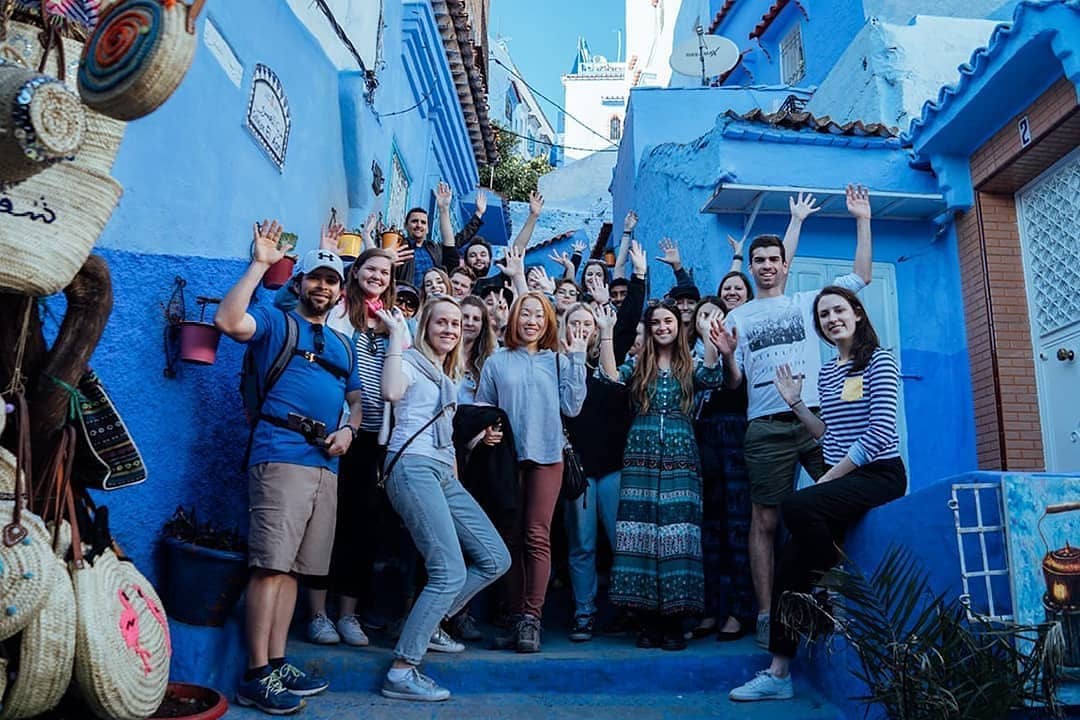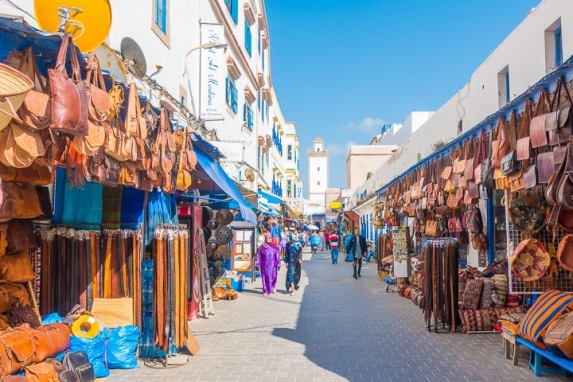After the earthquake is it safe to go to Morocco?
An earthquake struck central Morocco on September 9, 2023, affecting mostly the High Atlas area and the city of Marrakech. As soon as individuals started helping those affected, a feeling of compassion and unity spread across the affected areas, which was terrible for everyone.
It must be emphasized that the bulk of Morocco is untouched, with its ancient sites and ordinary life carrying on as before. Nearly three weeks have passed since the earthquake, and outside of the worst hit regions, most people’s lives have returned to normal.
After the earthquake is it safe to go to Morocco?
Is It Heartless to Travel to Morocco After the Earthquake?
Natural disasters like the recent earthquake in Morocco put tourists in a difficult moral position: should they visit a country that is still recovering from the tragedy or should they stay away?
The strategy one chooses while making such a choice may determine the outcome, which is not black and white.
- To better comprehend the context of your visit, it is important to be aware of the situation and to show solidarity and empathy towards the impacted persons. Kindness may be shown in a number of ways, including respect, assistance when asked, and staying away from disaster zones unless you’re helping with relief operations.
- As with every industry, tourism has both positive and negative aspects. Despite the fact that it provides much-needed revenue for many towns, others may feel it is unsuitable during the recovery period. Supporting local businesses and helping with recovery efforts are two goals of responsible tourism, which includes staying in locally owned hotels, dining at local restaurants, and purchasing items from local vendors.
- Participation in the Community: It is important to participate in the community to learn about their needs and desires. While some towns may see tourism as a way to get back to normal, others may be more concerned with repairing their infrastructure.
- Before you go for Morocco, make sure you examine the travel warnings issued by both your home country and the Moroccan government. To assist you make a well-informed choice, they provide you all the information you need on the safety and recommendability of the trip.
- If you are in a position to do so, you should think about making a monetary or in-kind donation to a local non-governmental organization (NGO) or community-driven relief effort. An increased degree of understanding and encouragement is on display in this interaction.
As a whole, Moroccans are urging visitors to keep visiting. Traveling to the nation is a concrete demonstration of your support for the locals and an indirect approach to aid with community reconstruction.
For many Moroccans, tourism is their only source of income; keeping it up after the earthquake would help the country get back to normal and promote economic stability. Going to the impacted areas isn’t just about celebrating a holiday; it’s about showing your support and getting them back on their feet.
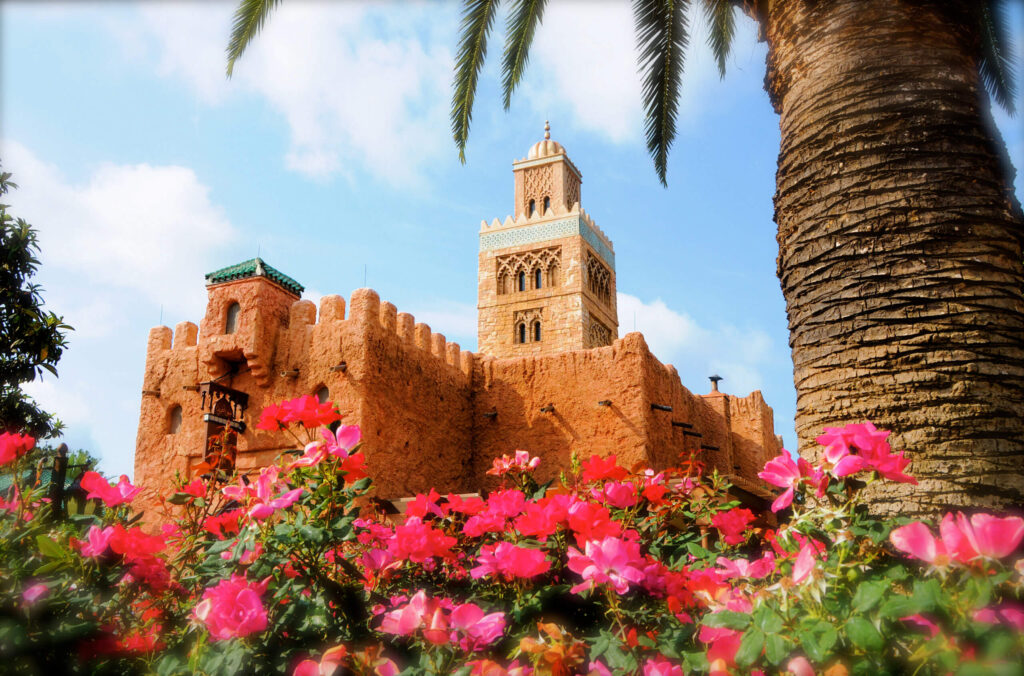
Exploring (or Avoiding) Regions Affected by the Earthquake in Morocco
There is a cloud of uncertainty around vacationers’ plans due to the recent earthquakes that ripped across areas of Morocco. Travelers may make considerate and beneficial choices when they are well-informed, which is the bedrock of responsible tourism. We may evaluate if it is suitable to visit some of the impacted and untouched regions by looking into their circumstances in light of the current occurrences.
- Earthquake in Imlil, Morocco
Located in the heart of the High Atlas Mountains, Imlil was able to see the natural disaster firsthand. Efforts to restore the area are the present priority. You should probably wait to come until the town has had a chance to heal and rebuild unless you are actively helping with relief efforts.
Despite the widespread destruction to houses and hotels, some mountain guides have resumed their hikes in the area. Kasbah du Toubkal and Kasbah Tamadot, two of the region’s most prestigious hotels, are presently unavailable for bookings due to damage. Going ahead with any intentions to be in the area should be approached as a day excursion and done with a reliable outfitter.
- Earthquake in Ait Ben Haddou
Ait Ben Haddou, a sanctuary of old architecture, was shaken but its buildings are still standing. Even while the region is getting better quickly, it’s still a good idea to get the latest information from local authorities or travel warnings before you intend to go. There were a lot of smaller towns in the Ouarzazate and Ait ben Haddou regions of the Atlas Mountains that were hit hard. But not them all.
- Earthquake in Ourika Valley
Although the earthquakes were noticed, they had little effect on the tranquil Ourika Valley. Travelers may still enjoy this gorgeous location, but they are kindly asked to be mindful of their impact while they are there. Damage to roads and residences in the vicinity is possible, although relief and repair operations are now underway.
- Earthquake in Tafraoute
The pumice didn’t break the stony terrain of Tafraoute. Supposedly, one reason this little hamlet has taken so little damage is because of the native construction methods. Even if the locals value tourism for the money it brings in, it’s smart to double-check with the authorities to be sure the region is prepared to receive guests.
- Earthquake in Lalla Takerkoust
There were small shakings felt close to Lalla Takerkoust. Tourists looking for peace and quiet close to the Atlas Mountains have a somewhat safe alternative here as most of the local businesses are still open for business.
- Earthquake in the Agafay Desert
The Agafay Desert, famous for its tranquil atmosphere and lunar-like scenery, was briefly interrupted by the vibrations of the earthquake, erasing its calm charm. Numerous local businesses have quickly resumed operations, indicating that the recovery process is going well.
- Earthquake in Ouzoud:
Ouzoud, which is home to some of Morocco’s most breathtaking waterfalls, was shaken yet managed to save much of its natural beauty. Tourists looking for a peaceful setting with rushing water and verdant vegetation continue to find it in this region.
- Earthquake in Chefchaouen
Chefchaouen, a city famous for its blue-painted streets, escaped the devastating effects of the earthquake. Here, tourism is still going strong, and tourists may help prop up local businesses, giving the area a much-needed boost to its economic recovery.
The effects of the earthquake clearly differed from one area to another. To make sure your trip is fun and helpful, prospective tourists should follow these guidelines: be aware of current warnings, be considerate of local people, and choose responsible tourism practices. Morocco, with its expansive vistas and kind hospitality, is ready for an embrace that respects its character and helps it recover from the earthquake.
Where the Marrakech Earthquake Happened
The earthquake felt by everyone in Marrakech. Historic residences and structures in the medina’s oldest sections suffered structural damage during the earthquake; nevertheless, most of the debris and immediately apparent damage was cleared away in the week after the disaster.
Following the earthquake, the Bahia Palace is now closed (update: open in 20/12/2023). It will be repaired after suffering damage. The Mellah neighborhood, which is close to the Bahia Palace, took the brunt of the city’s destruction. Severe damage to several buildings rendered occupants homeless and rendered the structures unsteady.
Guests visiting the medina will see that several walls and buildings have sustained damage; in certain spots, tourists can observe that the structures are still being supported by scaffolding while restoration works are underway. It is your responsibility to verify the viability of any riads you want to book for your stay in the medina.
After the earthquake, the world-famous Jardin Majorelle reopened unharmed. The medina and newly constructed hotels and sites were mostly unaffected.
Is Your Trip to Morocco Still in the Works?
So you’ve chosen to go ahead and book your holiday to Morocco, but you might use some further assistance (Morocco Travel 4×4). A detailed knowledge of the local conditions is required for navigating the different areas of Morocco after the earthquake. A knowledgeable traveler has the power to have a good impact on the places they visit.
I suggest you take up our firms to help with this. In order to help you get ready for your trip to Morocco, our travel agency has compiled some basic information. Combine that with everything you’ve read so far, and you’ll have a better idea of how to tailor your trip to your requirements while still taking the impacted regions into account. To make sure your vacation to Morocco is both memorable and beneficial for the locals, this guide might be a great asset if you’re thinking about going there.

